
Annabel Rocha
Writer/Reporter

Writer/Reporter
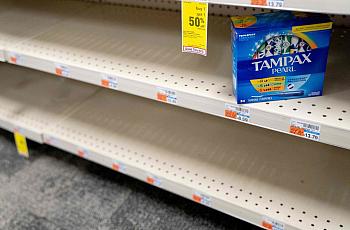
That collective silence makes it easy to overlook the fact that many do not have access to the products they need.
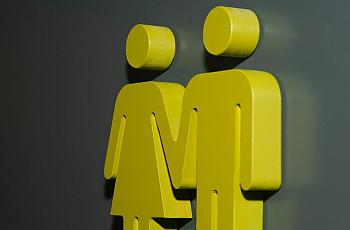
Transgender and non-binary people are often excluded from the conversation on "period poverty."

Stigma leaves many without the products or knowledge they need to maintain a healthy period, a new reporting project finds.
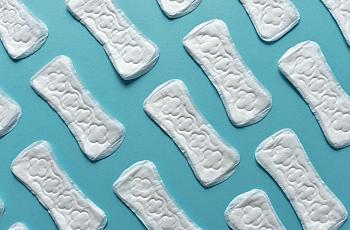
The state has been progressive on the issue, becoming the third state to end the “tampon tax” in 2016, and introducing and implementing several bills into law in 2021 and 2022.
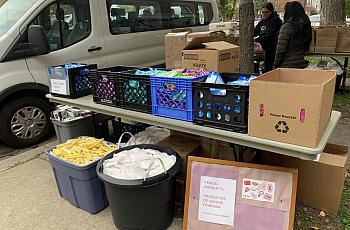
This lack of access to menstrual products, hygiene facilities, education or waste management is referred to as period poverty, or menstrual poverty.

A conversation with with Ida Melbye, the executive director of The Period Collective.
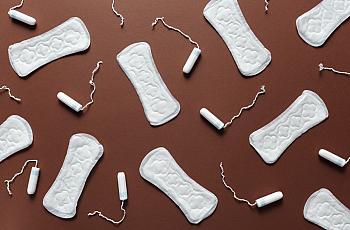
Period poverty is a global issue experienced by millions of people, especially houseless, low-income and Black and Brown communities.
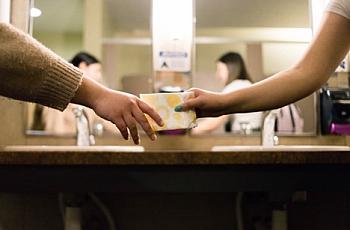
Pretending that periods don’t exist doesn’t make them disappear, but it does contribute to the widesperad problem of menstrual poverty.